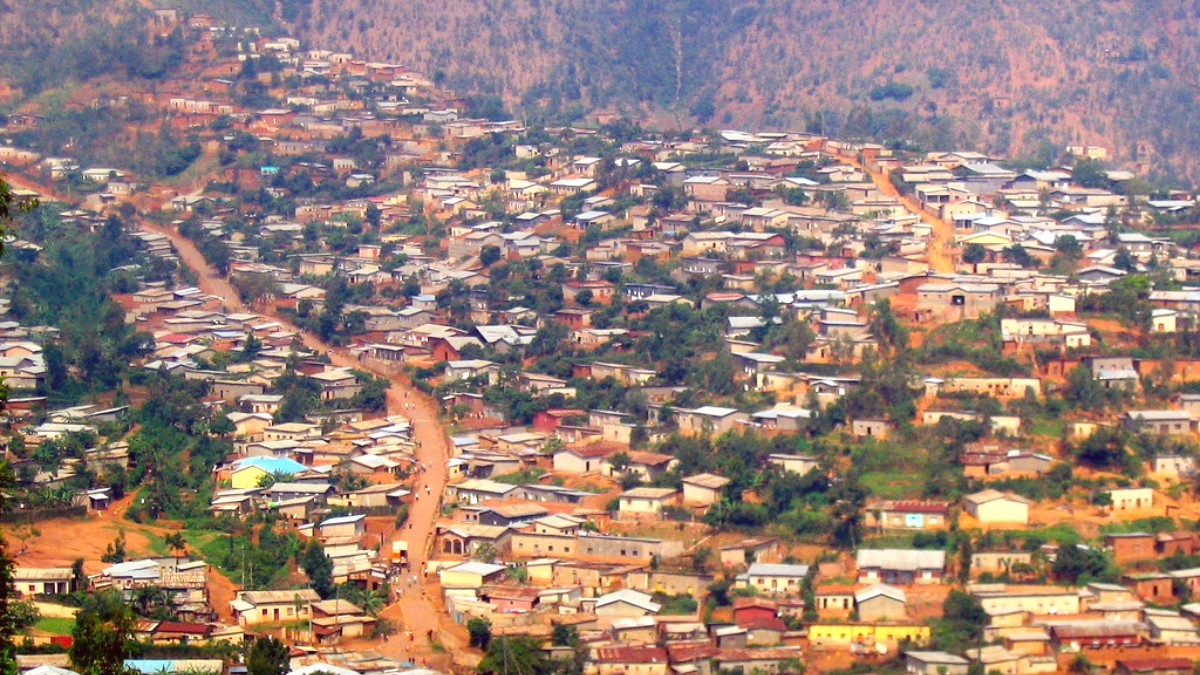
Rwanda
Rwanda has a strong commitment to conservation, especially for its mountain gorillas. Efforts extend to all its national parks. Akagera National Park is a successful conservation story, where wildlife populations have been reintroduced and are thriving.
Kigali's cleanliness has efficient waste management systems and a strict ban on single-use plastic bags. Avoid bringing any plastic bags into the country; use reusable cloth bags. Use designated bins for waste; littering has strong discouragement.
While Rwanda is relatively water-rich, access to clean water and its conservation remain a national priority. Practice water conservation during your stay: take shorter showers, turn off taps when not in use, and reuse towels. Drink bottled or purified water; carry a reusable water bottle to reduce single-use plastic.
Conscious choices make a positive impact.
Look for hotels and tour companies demonstrating commitment to environmental protection and sustainable practices.
Consider offsetting your flight emissions through reputable carbon offset programs.
Purchase handicrafts from fair trade certified organizations or directly from artisan cooperatives.
Choose operators prioritizing animal welfare and local benefit.
Consider supporting conservation organizations like The Rainforest Site (GreaterGood).
Learn MoreChoose tourism initiatives that directly benefit local people, like the Nyamirambo Women's Center.
Visit NWCYour choices contribute to Rwanda's conservation success. Be a part of the solution.
Engaging respectfully with Rwandan culture enriches your travel experience.
Rwanda has strong initiatives aimed at preserving its rich cultural heritage.
Rwandans value politeness. Always greet people before asking questions or engaging in transactions.
Always ask for permission before photographing individuals, especially children. Respect their decision if they decline.
If you visit a church or mosque, dress modestly (shoulders and knees covered). Remove your shoes if requested, and maintain silence and reverence.
Responsible travel makes for benefits for the local economy and communities.
Support community-based tourism initiatives that directly benefit local people. The Nyamirambo Women's Center in Kigali is an excellent example.
Prioritize local businesses over international chains where possible: eat at local Rwandan restaurants, stay in locally owned guesthouses, hire local, registered tour guides, and use local transport like moto-taxis and ride-hailing apps.
When purchasing handicrafts or souvenirs, look for fair trade certified organizations or buy directly from artisan cooperatives. This ensures producers receive fair wages for their work.